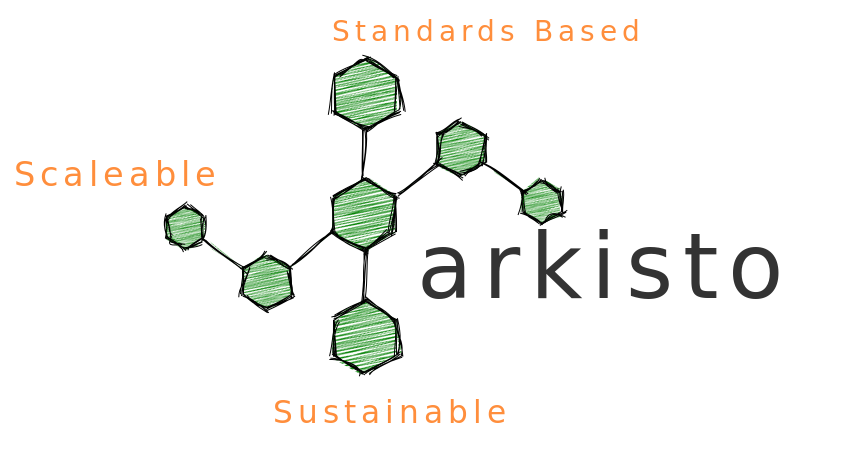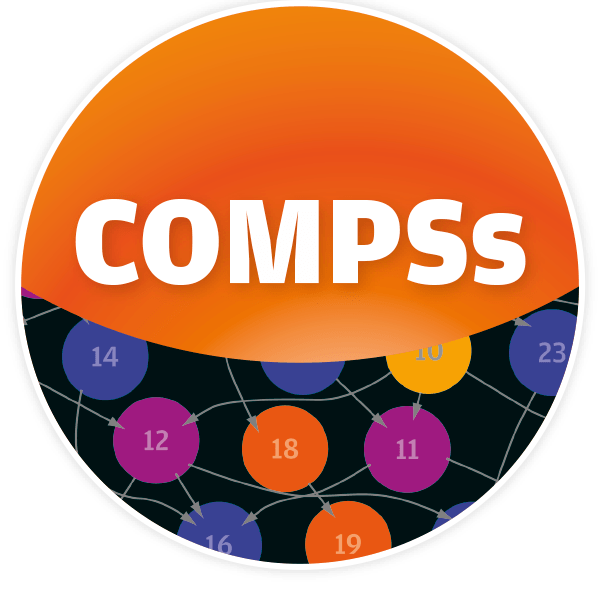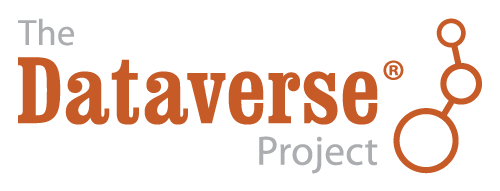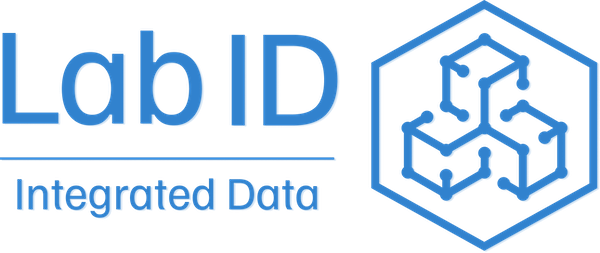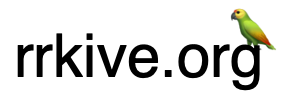Data Handling
Archive data, data wrangling, data packaging, moving data from one service to another
Related use cases
The Five Safes RO-Crate profile extend the Workflow Run RO-Crate profile for use in Trusted Research Environments (TRE).
Arkisto was a project website that aimed to outline a principled approach to research data management.
AROMA (ARP RO-Crate Manager) is part of Hungarian initiative HUN-REN ARP, extending Harvard Dataverse to allow dynamic metadata editing of data deposit metadata.
Autosubmit is an open source Python experiment and workflow manager used to manage complex workflows on Cloud and HPC platforms. Autosubmit uses RO-Crate to package the configuration, traces (logs, metrics, databases, etc.), and data of experiments and workflows.
JAX BioConnect is an index of research data that supports data sharing, high-quality curation, and consistent data description.
The COMPSs programming model is able to record Workflow Provenance in RO-Crate format, for governance and reproducibility of computational experiments
Dataverse is open source research data repository software with over 130 installations across research institutions. It has optional support for RO-Crate export, preview and metadata editing.
The DeSci Nodes system has been developed by the DeSci foundation, where dPID (distibuted Persistent Identifier) act as an overlay of the Interplanetary File System (IPFS)
The ELN file format has been defined as an archive format to capture Electronic Laboratory Notebooks (ELN). The format is based on RO-Crate and is supported by a number of ELN softwares.
FAIRSCAPE is a framework for reusable cloud-based computations using ARK identifiers with rich provenance in an evidence graph and the Evidence Graph Ontology (EVI)
LabID is an all-in-one research data management platform for life sciences institutes. It uses RO-Crate as a format to import/export workflows and workflow runs.
LDaCA uses RO-Crate as an interchange and archive format for language data, and is providing data discovery portals and API access to data using RO-Crate-centric APIs.
By adopting the RO-Crate standard, M@TE packages numerical Earth system models with comprehensive metadata describing code, inputs, outputs, provenance, and authorship. This makes models machine-actionable, reproducible, and citable, supporting open science and bridging the gap between traditional geology and numerical geosciences.
OME is a consortium producing open-source software and format standards for microscopy data. It uses RO-Crate as part of its system for transfering data between OMERO servers, as well as for producing self-documenting data in OME-Zarr, a next-generation file-format (NGFF) standard.
Pacific and Regional Archive for Digital Sources in Endangered Cultures (PARADISEC) holds 16,100 hours of audio recordings and 2,800 hours of video recordings that might otherwise have been lost. These recordings are of performance, narrative, singing, and other oral tradition. This amounts to over 220 terabytes, and represents 1,370 languages, mainly from the Pacific region.
RRKive is a website aimed to outline a principled approach to research data management with guidance on data storage and metadata
Sciebo RDS (Research Data Services) is a self-hosted interface between data repositories and file storage solutions, assisting the research data deposition process with annotations made using Describo Online and stored as an RO-Crate
The UTS Cultural Datasets project is collaborating with Humanities and Social Science (HASS) researchers and is re-using existing UTS Data infrastructure to build interactive services that allow people to use the data.
The UTS Research Data Repository is a searchable portal for discovering and accessing public datasets by UTS researchers.
WfExS-backend is a high-level workflow execution command line program that consumes and creates RO-Crates, focusing on the interconnection of content-sensitive research infrastructures for handling sensitive human data analysis scenarios
WorkflowHub imports and exports Workflow RO-Crates, using it as an exchange format. They are a specialization of RO-Crate for packaging an executable workflow with all necessary documentation. It is aligned with, and intends to strictly extend, the more general Bioschemas ComputationalWorkflow profile.
